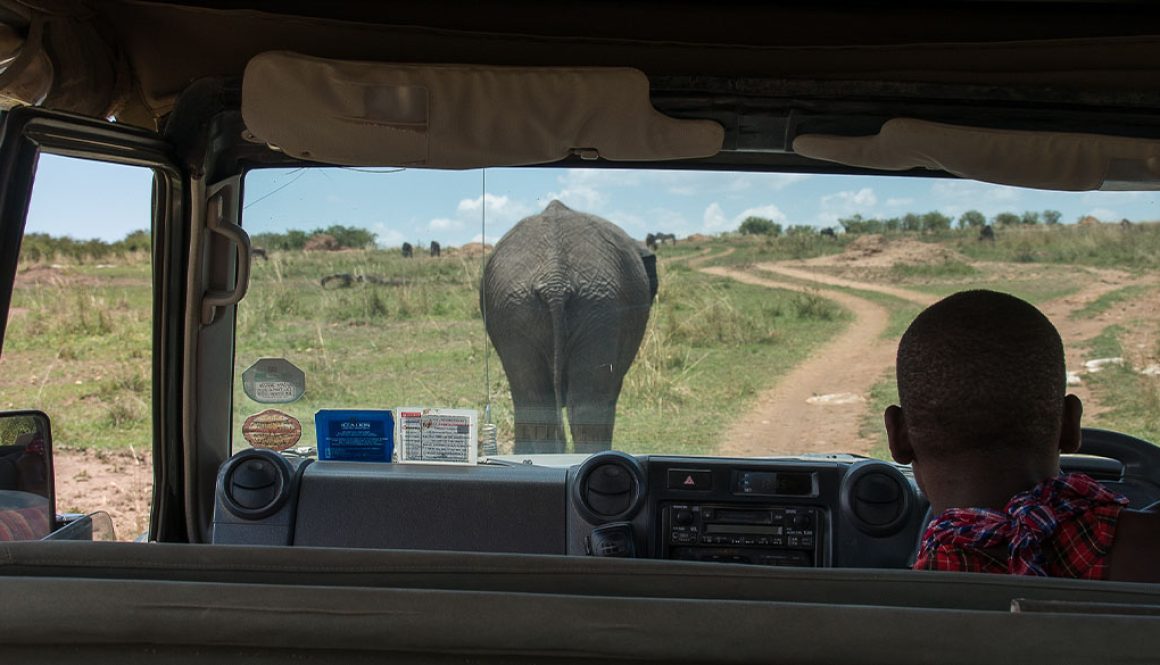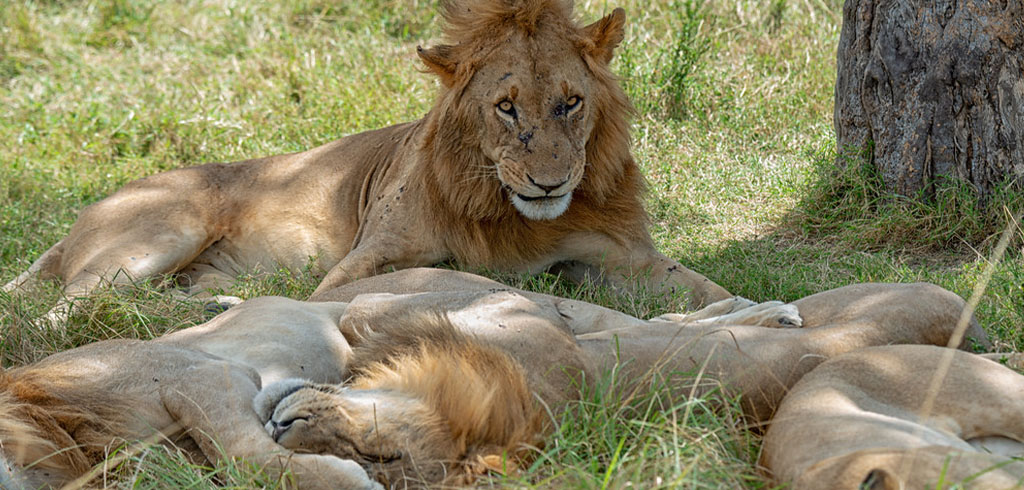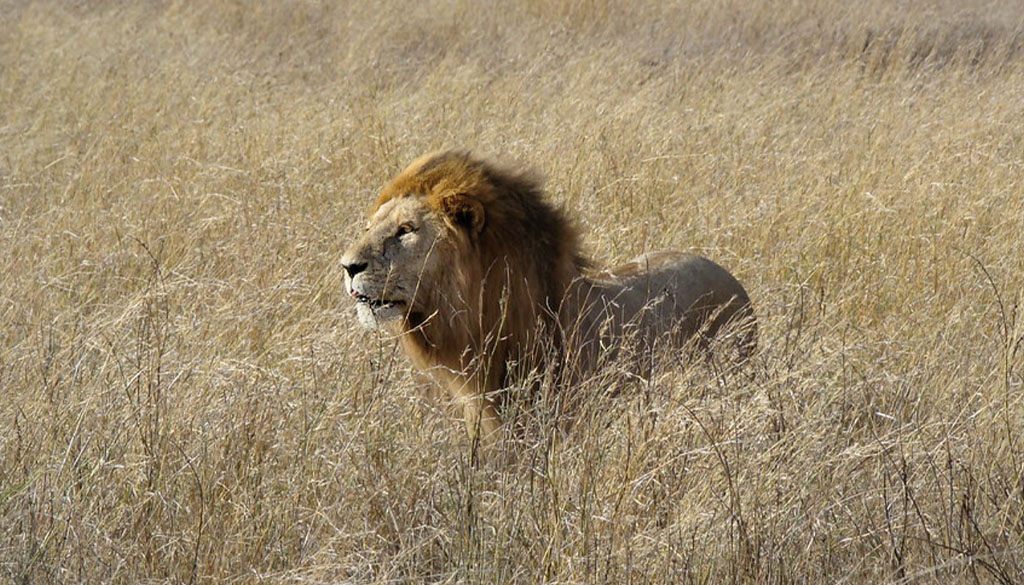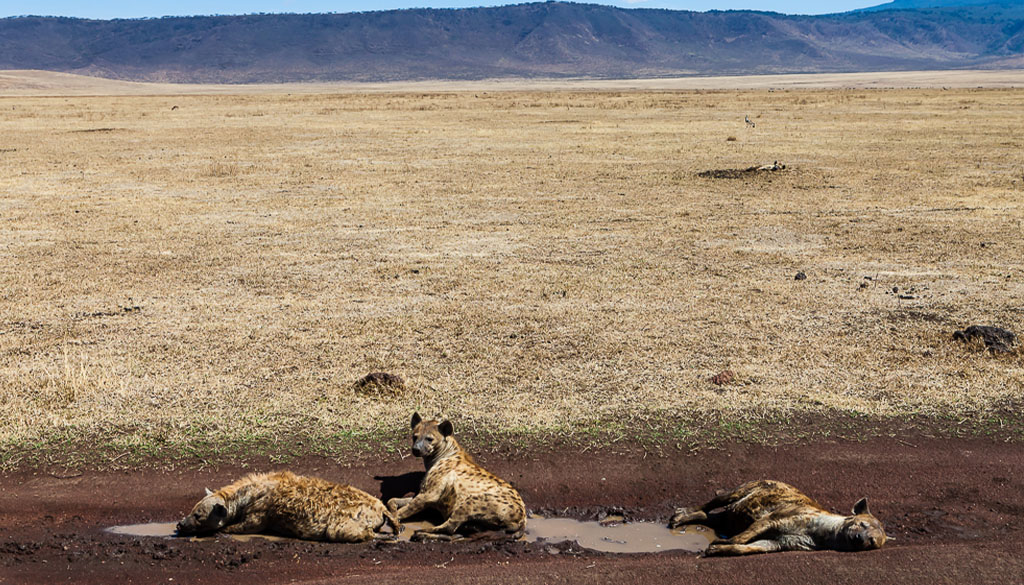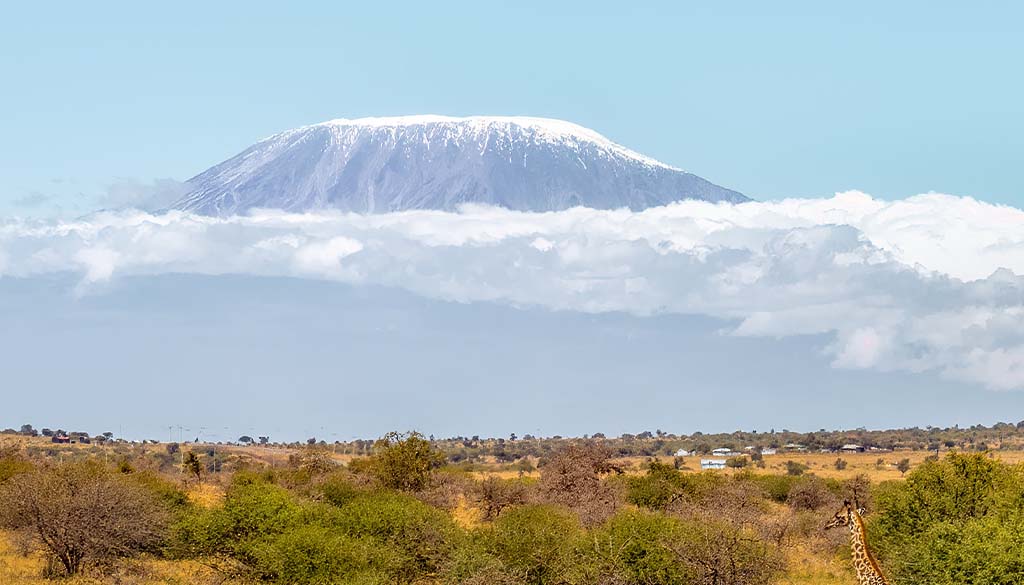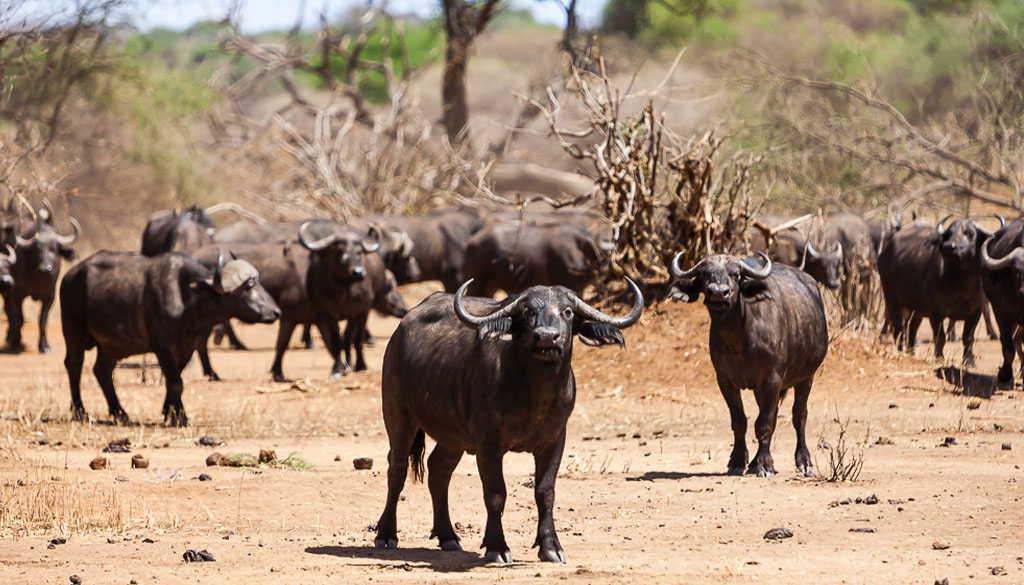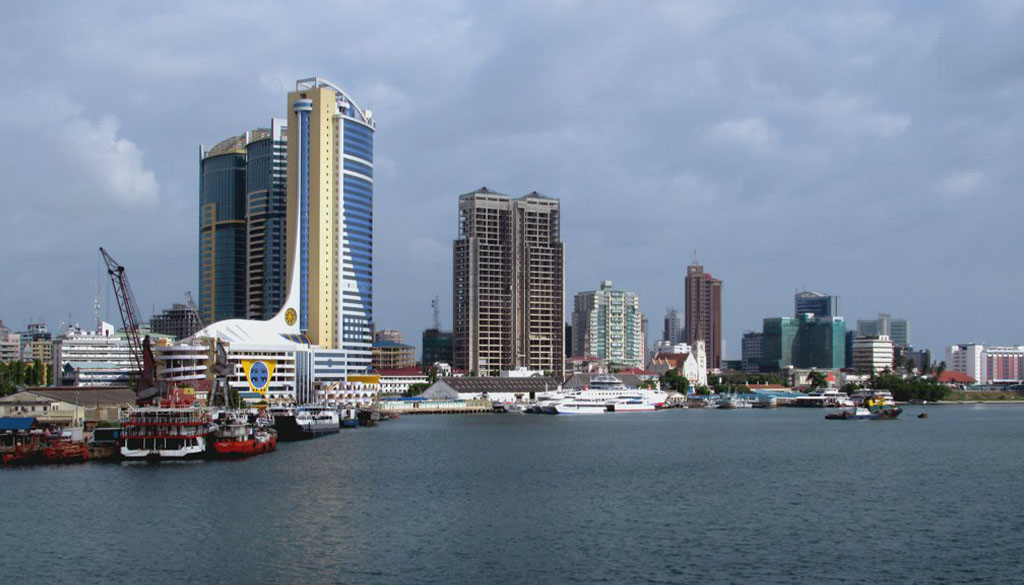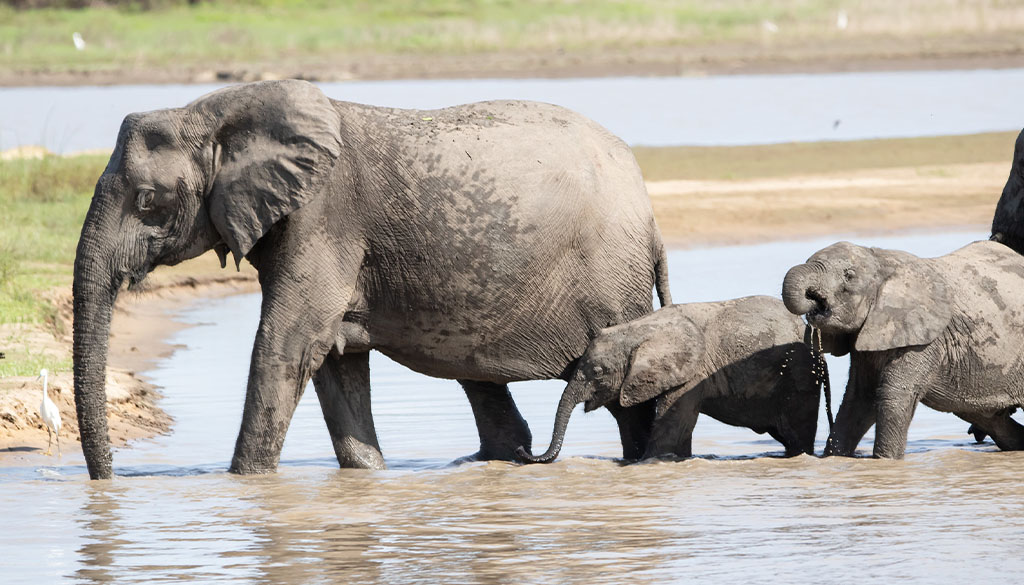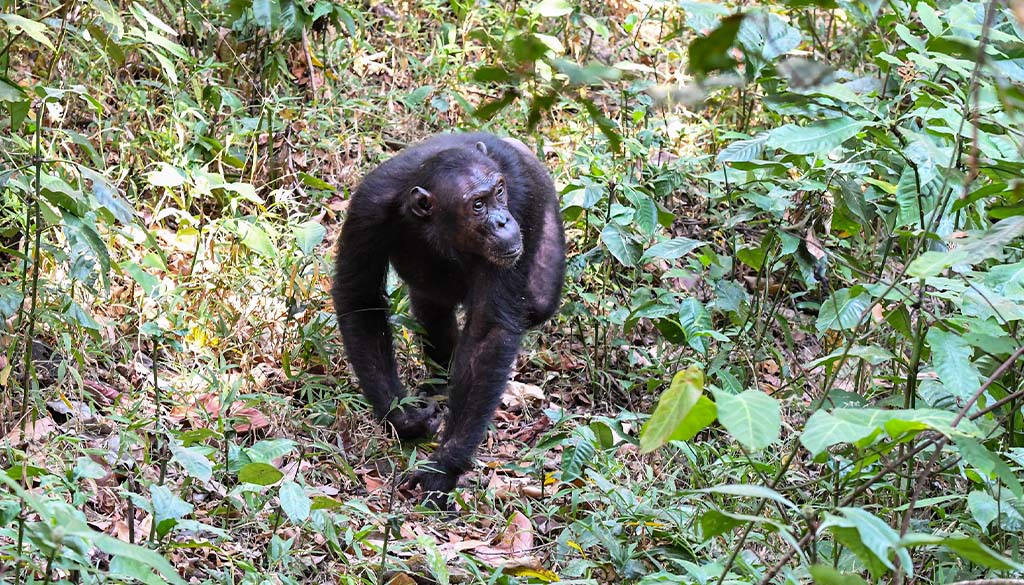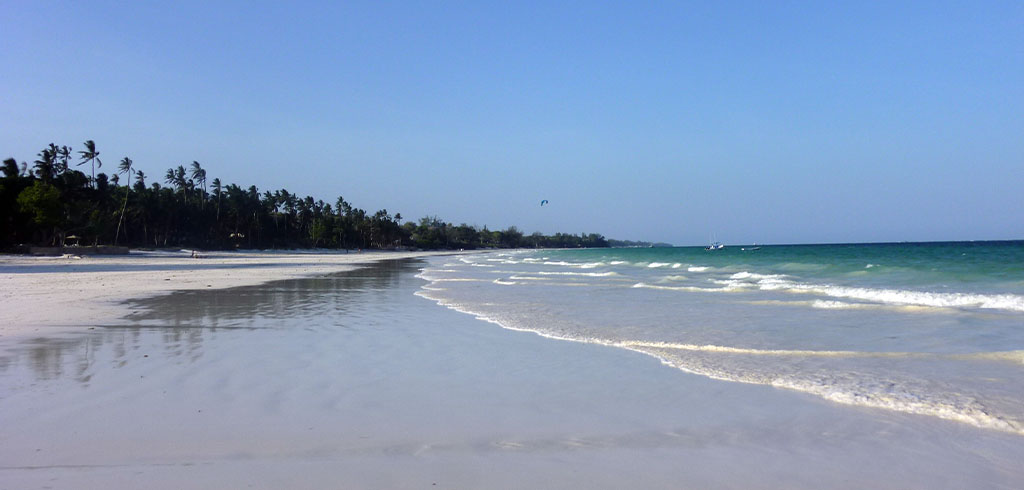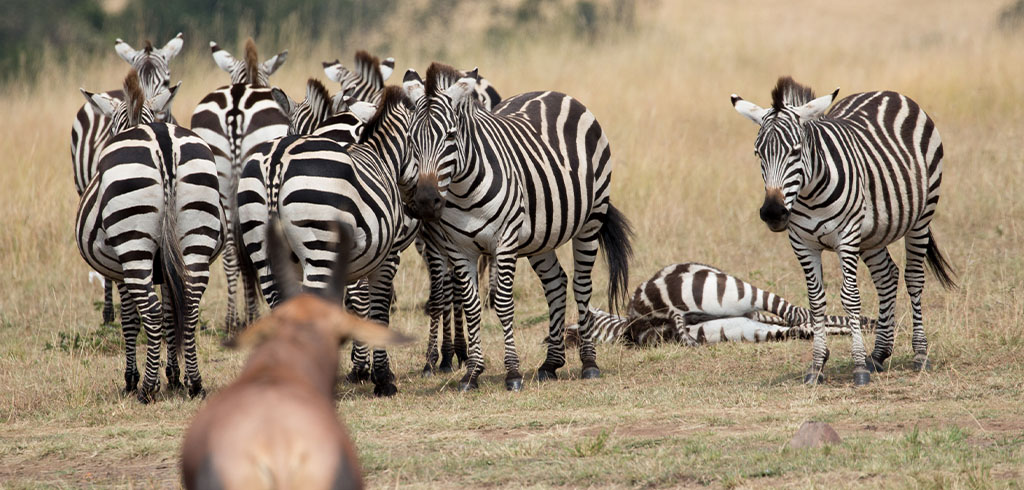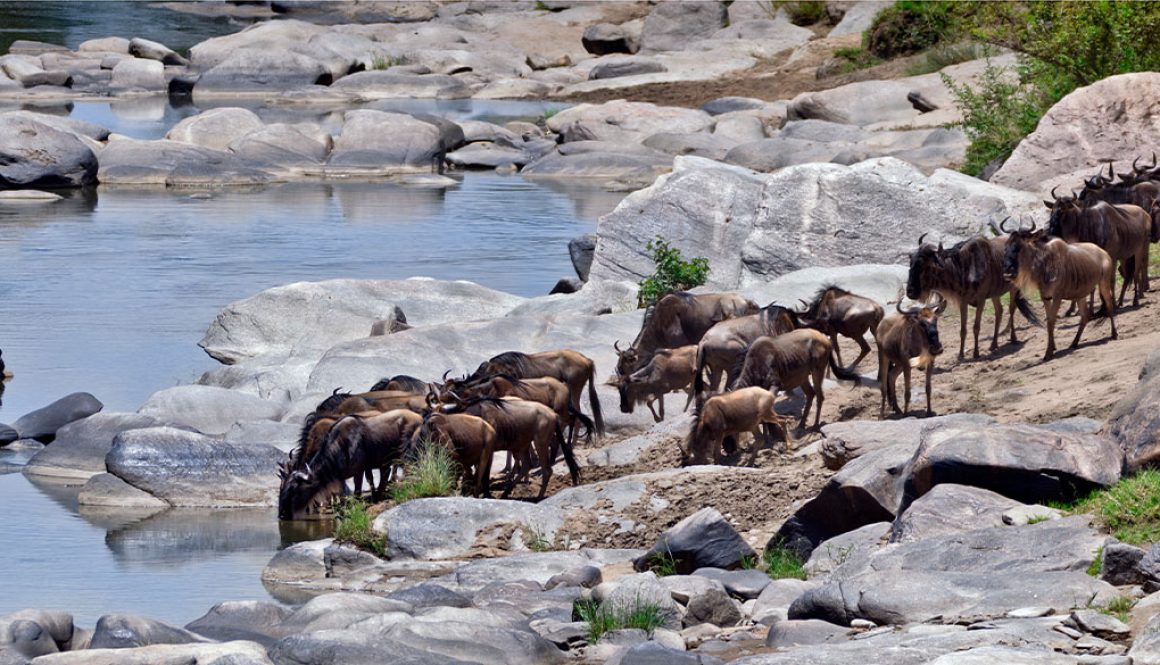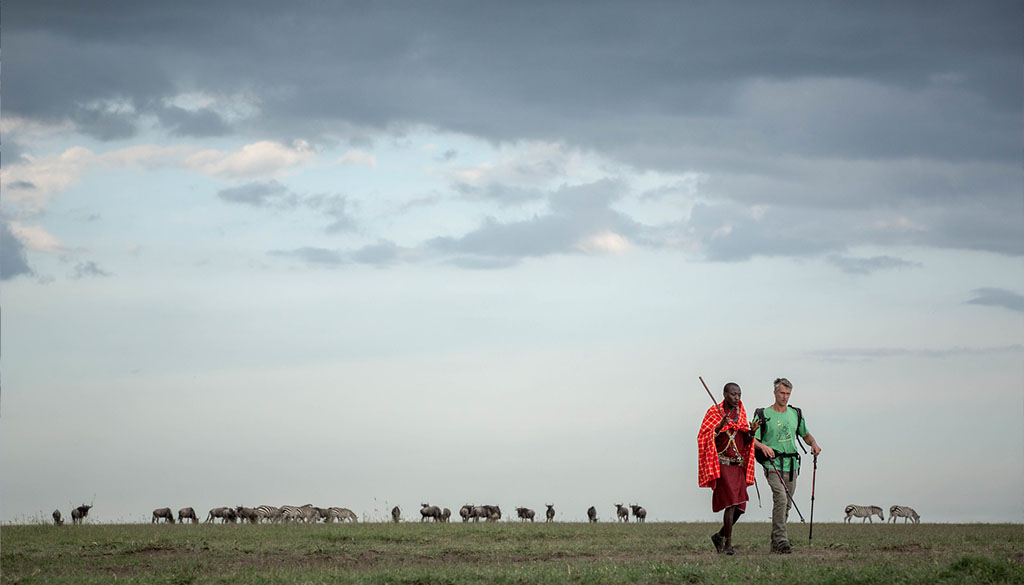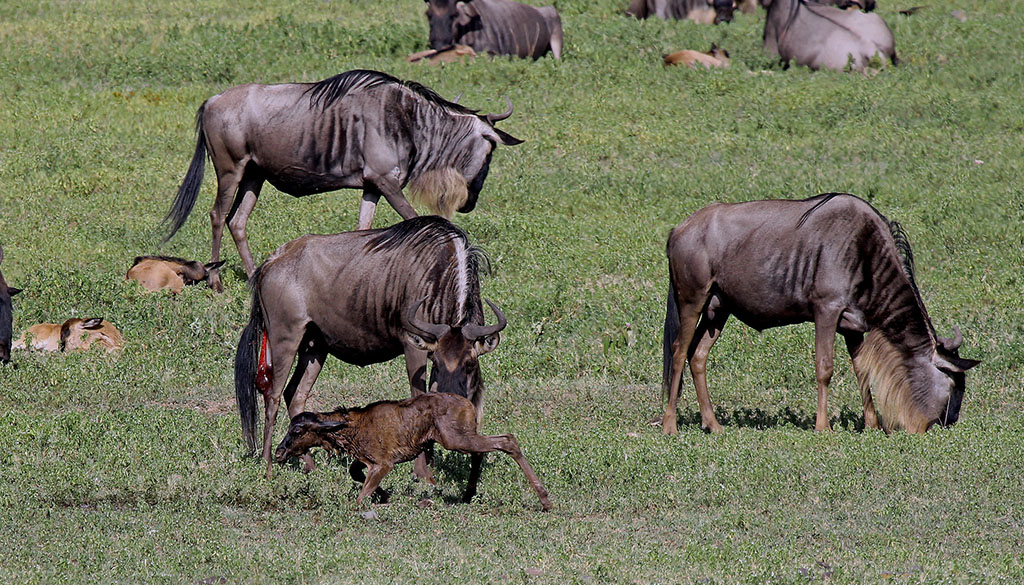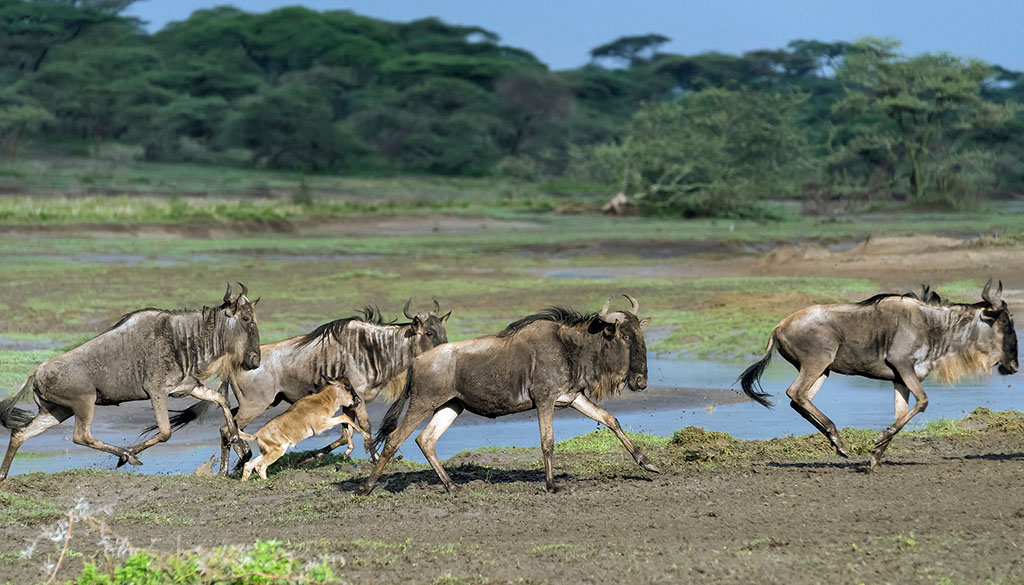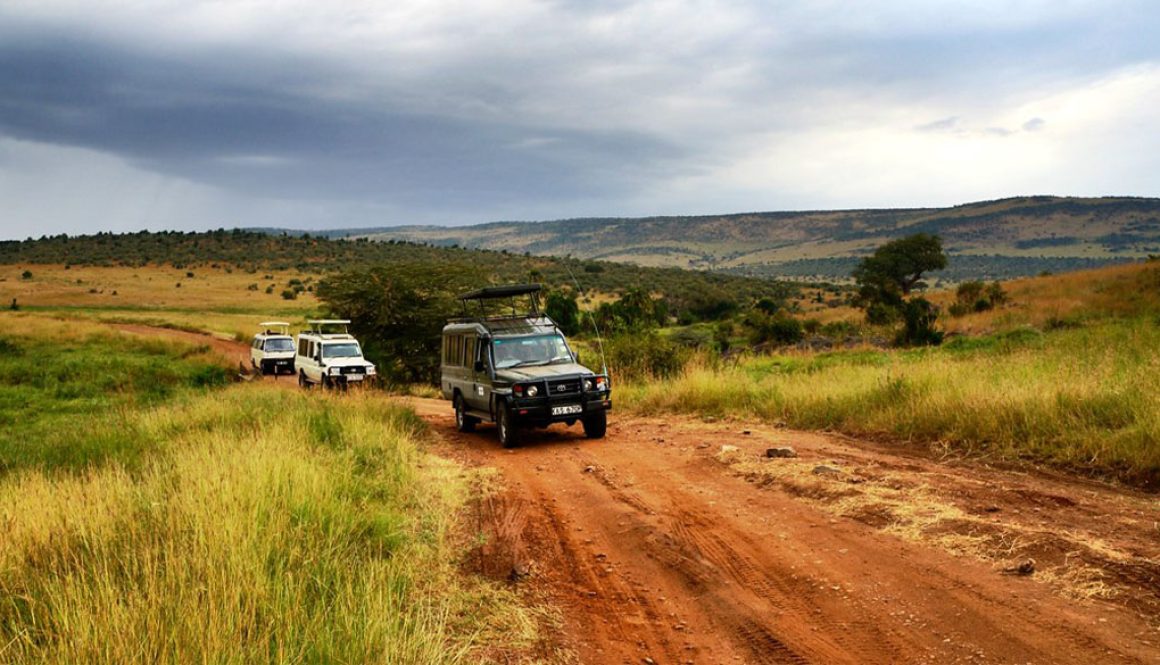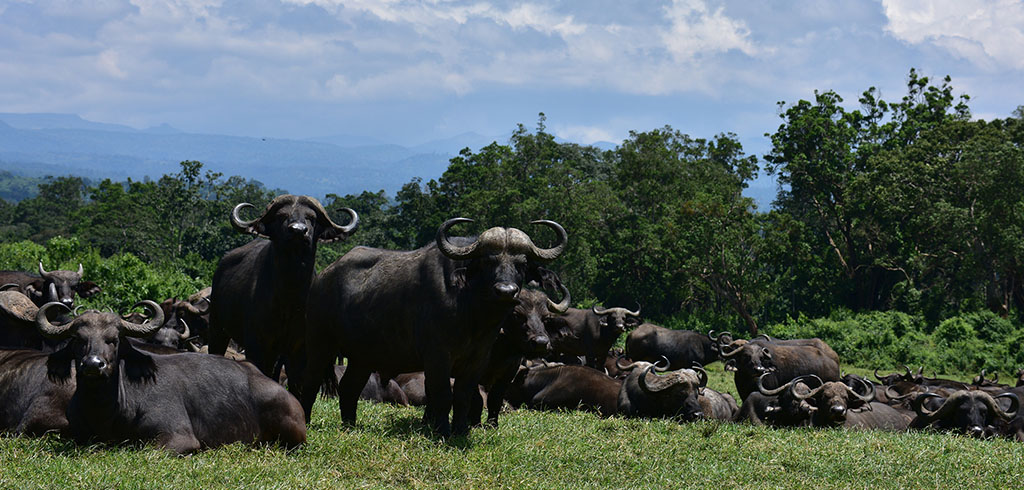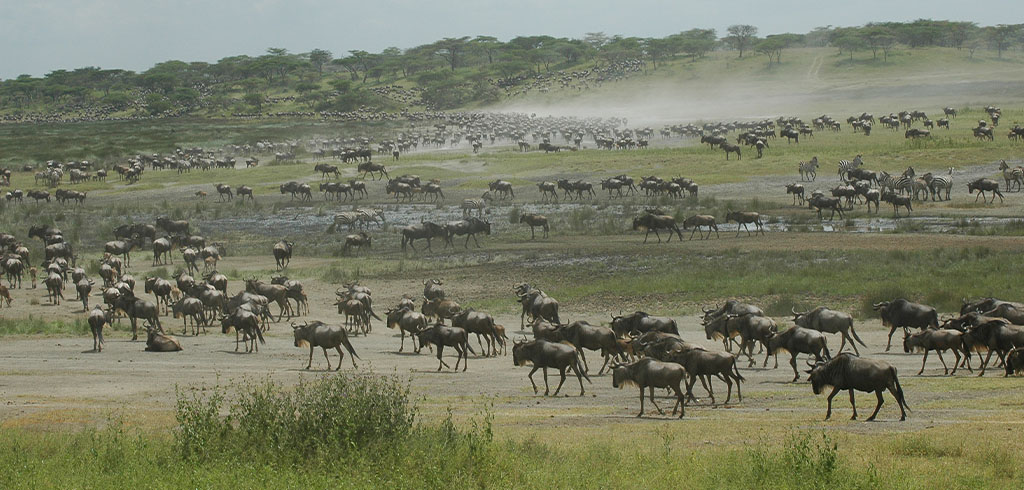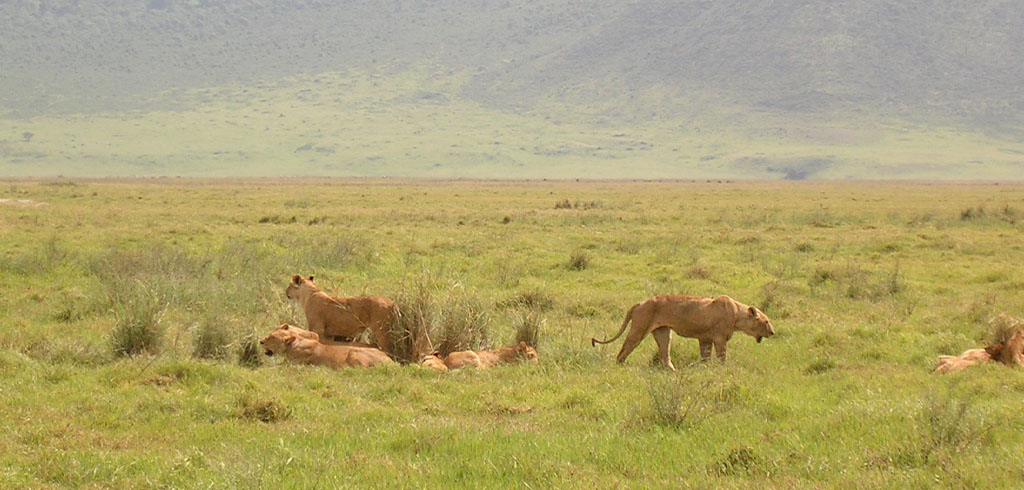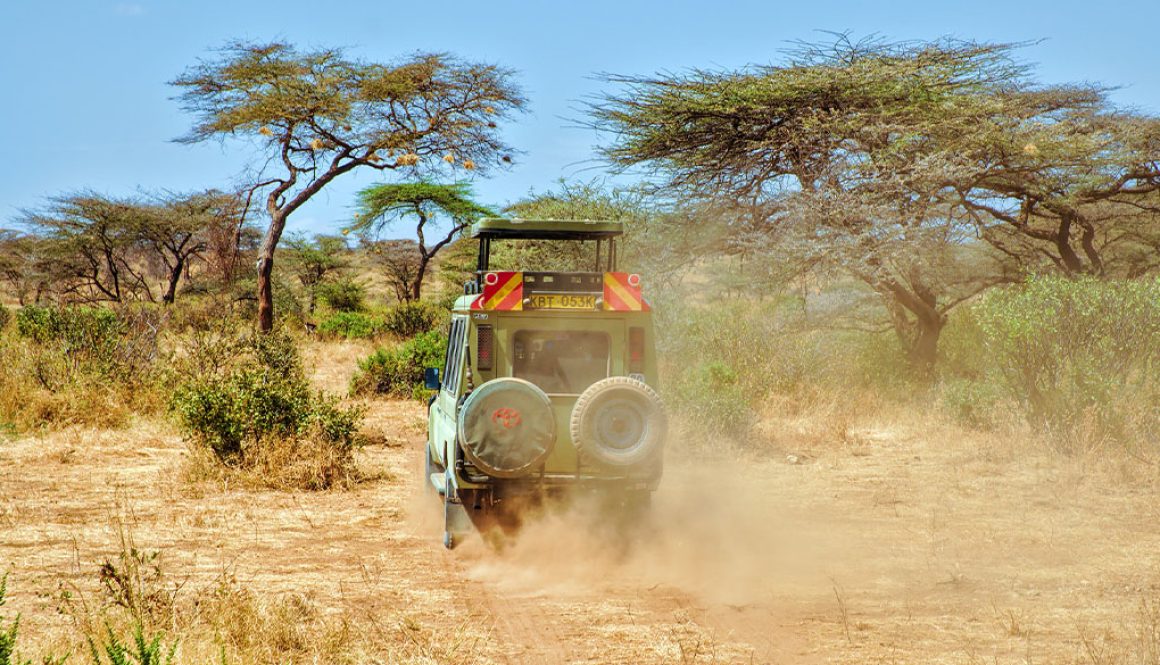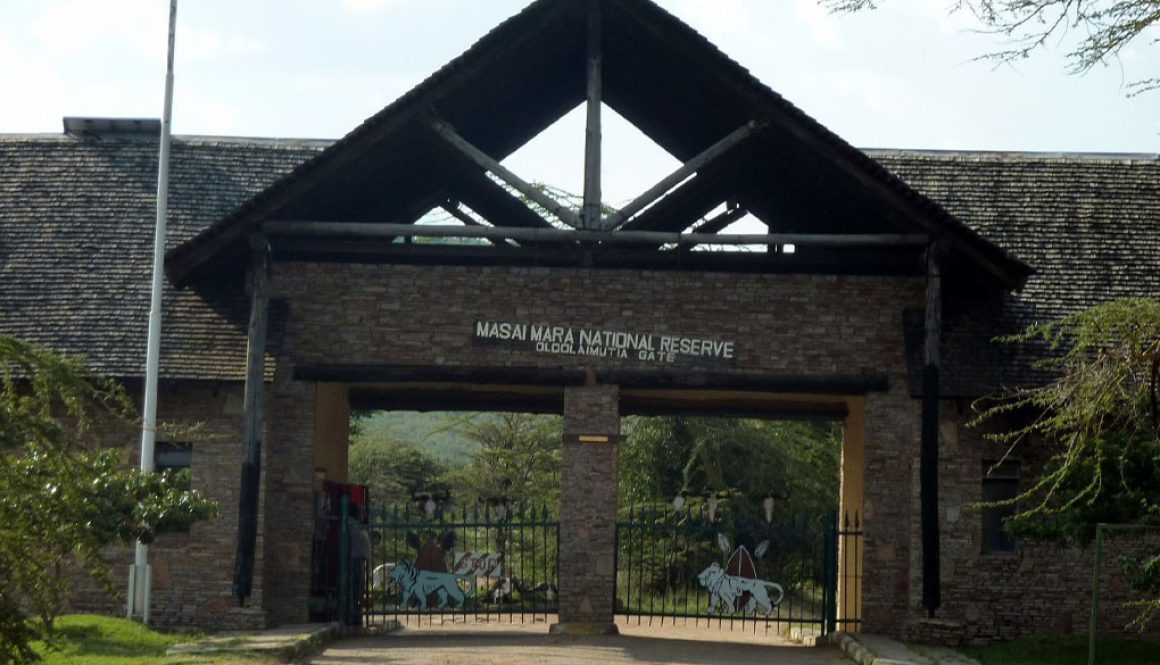Expert Insights: Answering The Most Common Google’s African Travel Questions?
It’s widely known that Google holds the title of the most used search engine globally, giving it a unique insight into trending topics, including travel in Africa. This gives Google the benefit of being the first to identify search trends globally for any particular topic. We decided to take a closer look at frequently asked questions on Google Trends regarding African travel. Our goal is to leverage our extensive knowledge and first-hand experience to help our guests find answers to their African safari and travel queries.
Africa is a magical place that everyone should experience at least once in their lives. That’s why we are passionate about assisting our guests in planning every aspect of their journey. We understand that the planning phase raises many questions, with safety, things to do, the best time to visit, and destination information being the most common concerns. These questions are complex, and the answers can’t be summed up in one-liners. To foster a better understanding and love for Africa, we have endeavored to answer these questions honestly and accurately.
Is it Safe to Travel in Africa?
Africa is generally safe for travelers, especially in popular safari destinations which are usually in private reserves, accessible only to guests and staff. However, like anywhere in the world, safety precautions should be taken, particularly in major cities. Common-sense measures such as being vigilant about your surroundings, safeguarding valuables, and exercising caution when venturing out alone can help ensure a trouble-free trip. Cities like Nairobi are popular among tourists and offer rich experiences, but it’s wise to be cautious and use hotel safes for valuables.
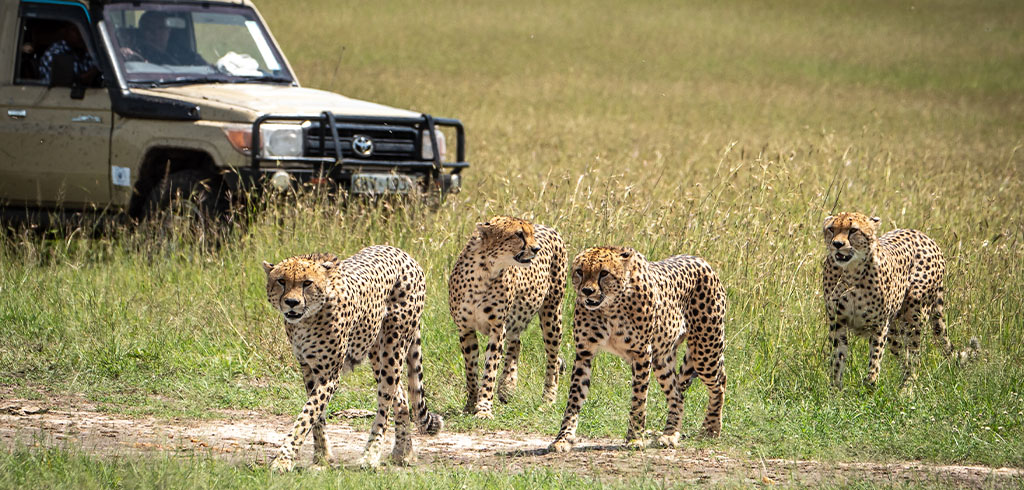
What Else Is There to Do in Africa Besides a Safari?
Africa is world-renowned as the ultimate safari destination, with several diverse game reserves teeming with wildlife and the experience of open vehicle game drives led by highly skilled guides. However, Africa is not to be defined as a safari-only destination but rather one that offers life-altering experiences that speak to many types of travelers. Africa is home to some of the world’s most beautiful cities, diverse in landscapes, culture, and wildlife. Our best advice to you is to browse through this list of experiences not to be missed on the African continent:
- Trek to the Gorillas and Chimpanzees in Uganda
- Climb the world’s second-highest mountain – Mount Kilimanjaro
- Witness the wonder of Victoria Falls
- Canoe down the Okavango Delta trail
- Go scuba diving or snorkeling in the crystal clear waters of Zanzibar or Seychelles
- Take a wine tour in Cape Town’s famous Winelands
- Meet the Maasai of East Africa
Where is the Best Place to See the Big Five?
The Big Five consists of the Lion, Leopard, Rhinos, African Elephant, and African buffalo. Almost every corner of Africa teems with wildlife and the opportunity to see the notorious Big Five, but some countries have been recognized as Big Five safari hotspots. These include:
- Kenya – The Masai Mara
- Tanzania – The Serengeti and Ngorongoro Crater
- South Africa – The Kruger National Park
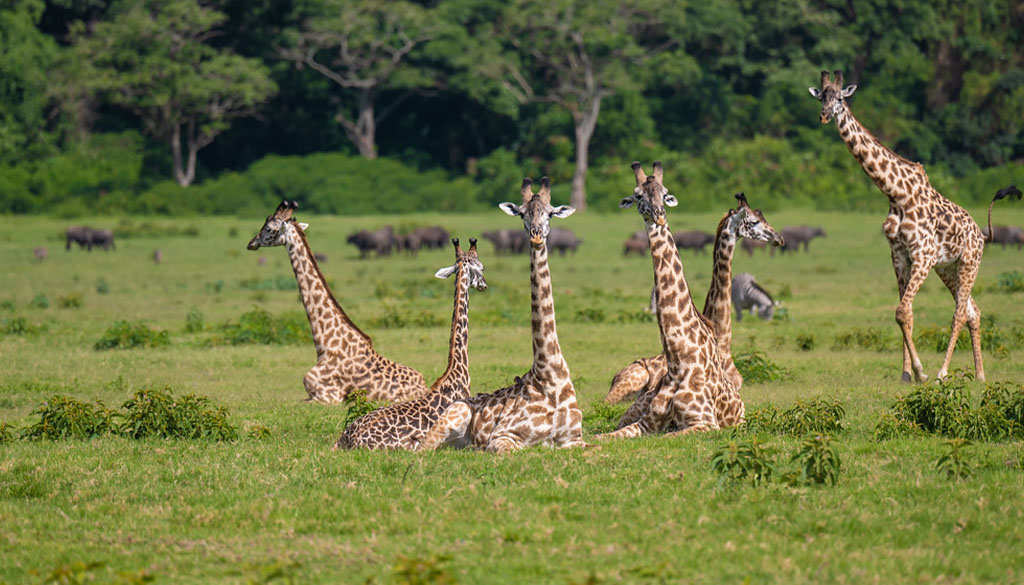
Is it Safe to take Kids on an African Safari, and is There a Minimum Age Limit?
It is most definitely safe to take kids on a safari. More than just safe, certain destinations in Africa provide some of the top family vacations on offer throughout the world. It is important, however, to note that most lodges do not permit children younger than six years of age to go on the scheduled game drives due to the danger of predators inhabiting the reserve. At a sighting of wildlife, especially predators, everyone in the vehicle must remain seated and quiet as the animals are sensitive to noise. Some lodges offer the option of booking a private safari vehicle at an additional cost; however, every sighting will be controlled by the guide.
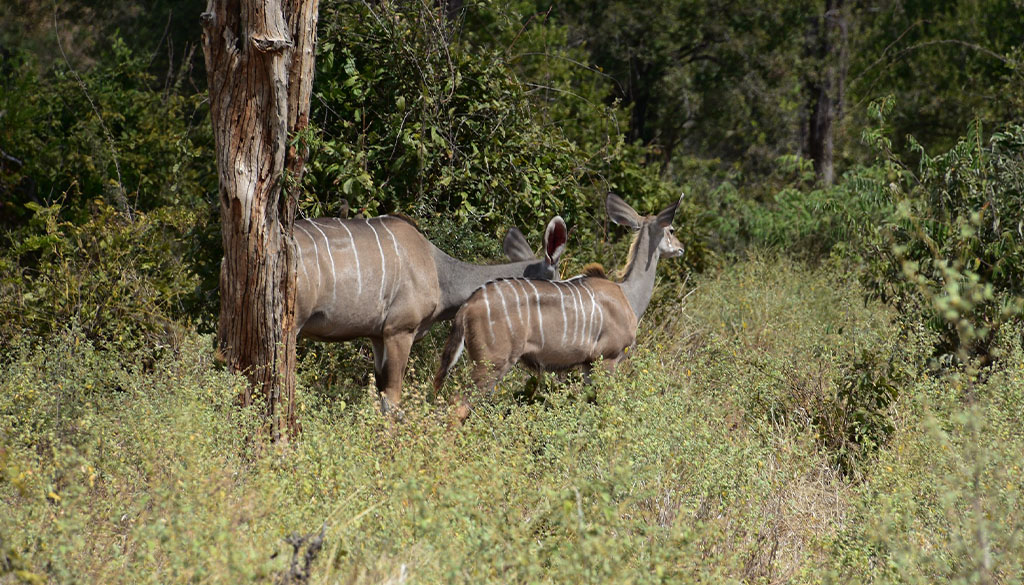
When is the Best Time to Go on an African Safari?
The best time to visit Africa shifts from south to east to north, depending on the rainfall and wildlife. East African countries such as Kenya and Tanzania have a temperate climate with relatively comfortable temperatures all year round. The main variation in the impact of the temperature is the humidity and annual rains. There are particular months that are deemed the best time to visit the parks, such as the Serengeti and the Masai Mara. Both are most popular during the dry months of June through October, with the Great Migration attracting a lot of attention during June and July in the Serengeti and July through October in the Masai Mara.
The Serengeti is equally popular during the calving season, which is from late January to February. Rwanda and Uganda are renowned for gorilla and chimpanzee trekking and are most visited by travelers during the months of June to September and December to February when there is minimal rainfall. The treks operate almost daily during the rainy season as the objective is to view these majestic creatures up close, and the experience isn’t compromised by rainy weather conditions. It’s a preferred time to travel as gorilla trekking permits are lower in price during this period. Each of the seasons brings with them an array of experiences in Africa, so it is always best to establish which time of the year is best suited to what you are hoping to achieve on your trip.
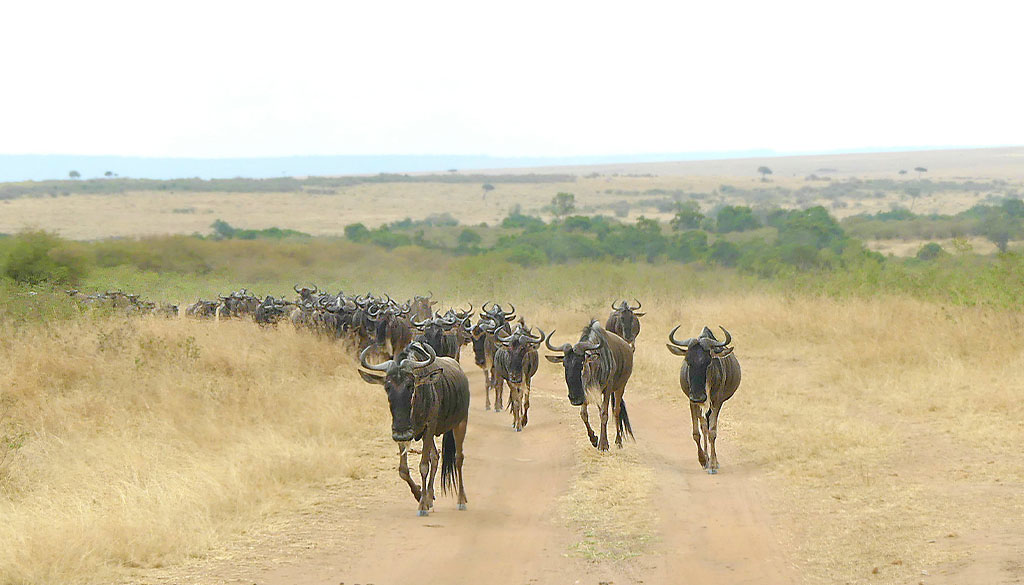
Which Countries Require Vaccinations?
As with any other country in the world, it is recommended that all travelers visiting Africa ensure that they are up to date with their routine vaccines, which include measles-mumps-rubella (MMR), diphtheria-tetanus-pertussis vaccine, varicella (chickenpox) vaccine, polio vaccine, and your yearly flu shot. Most doctors will also request that travelers get vaccinated to prevent Hepatitis A and Typhoid. Some countries lie in the global yellow fever belt, and proof of vaccination against the disease is mandatory before you can enter other countries after you have visited ‘the belt’. These countries include Angola, the Central African Republic, Ivory Coast, Chad, Cameroon, the Republic of Congo, Rwanda, parts of Kenya, Mali, Liberia, Ghana, Nigeria, Uganda, Sierra Leone, and Senegal.
It is important to note that Yellow Fever vaccinations must be given 10 days before leaving your home country. Several safari destinations throughout South Africa don’t require yellow fever vaccinations or anti-malaria precautions. Although Google is a great resource for travel information, you should always visit your medical practitioner or Travel Clinic to ensure that you get the correct vaccinations before your venture into Africa. Getting vaccinated will help keep you safe and healthy while you’re traveling.
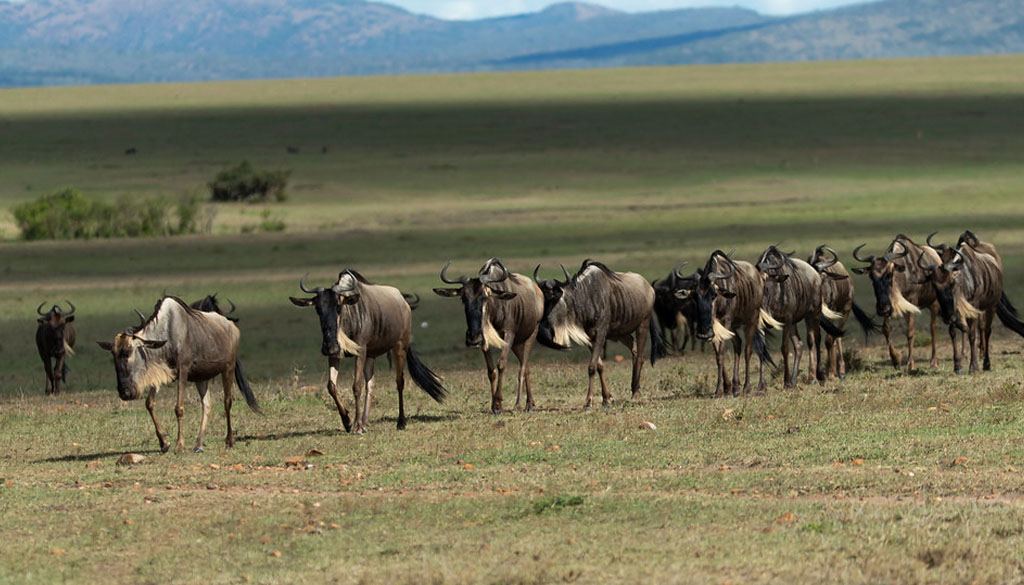
Summary of the Answers to the Frequently Asked Questions About Traveling in Africa
Is it Safe to Travel in Africa?
Africa is safe; however, like any place in the world, you just need to be mindful of your surroundings.
What Else is There to Do in Africa Besides a Safari?
Africa is a multicultural continent offering various experiences catering to the adventurous to the more tranquil, like wine tasting.
Where is the Best Place to See the Big Five?
Kenya, Tanzania, and South Africa are the Big-5 hotspots.
Is it safe to go on safari in Tanzania?
Tanzania is generally safe for safari-goers, with experienced guides ensuring your safety throughout the journey. However, it’s essential to follow their instructions and adhere to park regulations.
Is it Safe to Take Kids on an African Safari, and is There a Minimum Age Limit?
It is safe to take kids on an African safari; however, there is a minimum age limit of six years old for many of the game drives
When is the Best Time to Go on an African Safari?
The best time to visit Africa shifts from south to east to north, depending on the rainfall and wildlife. Generally, the best time to go on an African safari to see animals is during the dry season (June-October).
Which Countries Require Vaccinations?
There are a few countries where yellow fever vaccinations are mandatory, and malaria vaccinations are advisable. When traveling anywhere in the world, it is always important to consult with your doctor about vaccinations.
Start Planning your safari?
Whatever you want your tour or safari itinerary to include, we’ll design it specifically for you..

